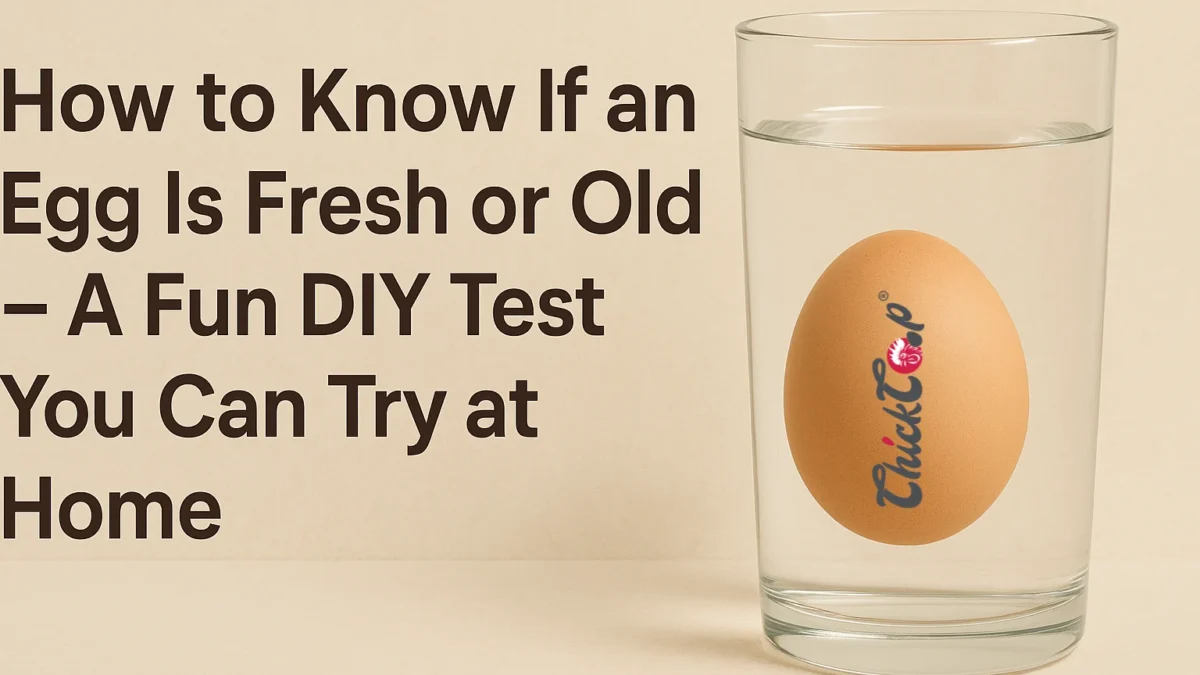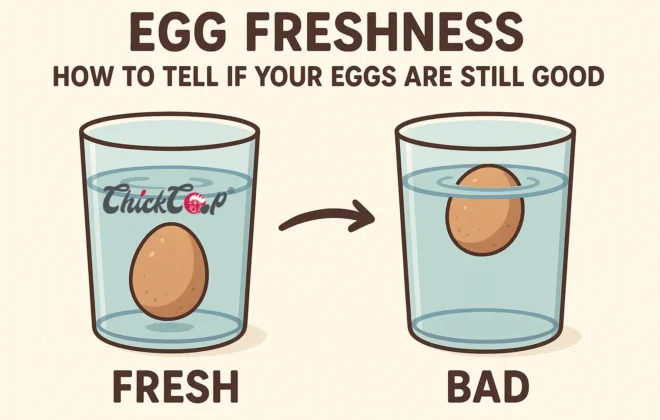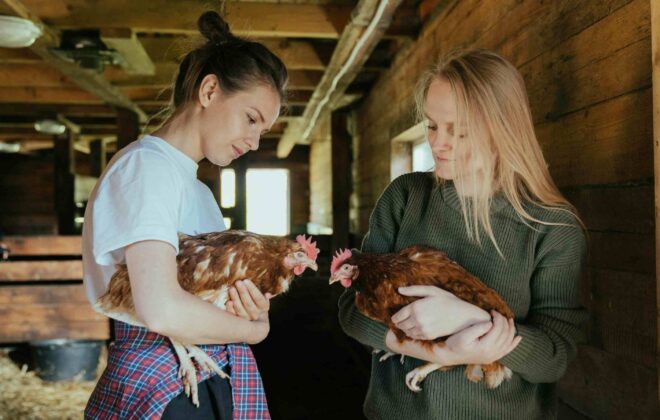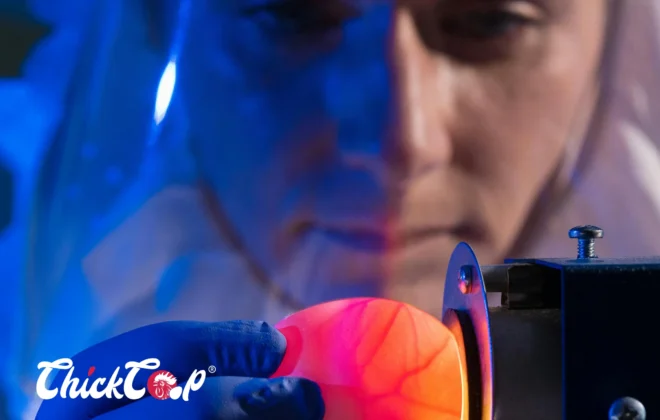
How to Tell If an Egg Is Fresh: DIY
Ever cracked an egg and wondered “How old is this thing?” You’re not alone! Egg freshness can be a mystery if you’re not tracking your hens’ laying schedule. But the good news is—there’s a simple, science-backed way to figure it out, and it involves nothing more than a bowl of water.
The Float Test: Nature’s Freshness Gauge
One of the coolest (and most surprisingly accurate) tricks is the egg float test. Here’s how it works:
1. Fill a bowl or glass with plain, cool water.
2. Gently place your egg in the water.
3. Watch what it does:

| Egg Position | Freshness |
|||
| Lies flat at the bottom | Very fresh |
| Tilts upward slightly | About 1 week old |
| Stands upright on the bottom | 2–3 weeks old |
| Floats to the top | Old (but not necessarily bad!) |
This works because as eggs age, air seeps in through the shell, enlarging the air cell inside. The more air, the more buoyant the egg becomes—eventually, it floats. A floating egg is definitely on the older side, but here’s the kicker: *it might still be perfectly safe to eat*. That’s why we don’t stop at floating.
🔍 Cracking the Code on Egg Freshness
If you’re still unsure, here are a few extra checks:
Check the Albumen (Egg White)
A fresh egg has a cloudy white. That’s a sign of carbon dioxide still trapped inside—it fades with age.
An older egg will have a clearer, thinner white that spreads out more in the pan.
Watch the Yolk
In a fresh egg, the yolk stands tall and firm.
In an older egg, the yolk tends to flatten and may break easily, because water moves from the white into the yolk over time.
Extra Tips from the Coop
– Candling (holding an egg up to a light source) can also help you see the air cell and check for any internal irregularities, but it takes a bit more practice.
– If your hens free-range or hide their eggs, always crack unknown eggs into a separate bowl before cooking—especially if you have roosters around. You don’t want a surprise embryo in your breakfast.
– Discard eggs with odd smells, mottled yolks, or anything that just doesn’t look right. Better safe than sorry.
Take Away!
Fun Fact from the Nest
Did you know? A fresh egg sinks not because it’s heavy, but because it’s *less buoyant*—the air cell inside is small. As eggs “breathe,” they lose moisture and gain air. That’s the magical little process behind this handy DIY test!
So next time you’re sorting eggs or stumble upon a hidden clutch under the coop, give this test a go. It’s simple, satisfying, and gives you some pretty cool insight into your hens’ handiwork.
🐣 Stay egg-savvy,
At ChickCoop®, we’re more than just a Chicken Company, writing interesting blogs about them– we’re your trusted partner in building a modernized, sustainable and profitable farm. From breed selection to buy-back support, feed guidance, and modern farm management tips, we ensure farmers like you achieve the best results and profits.
Call us today to discuss your farming needs
📧 Email us at: write@chickcoop.in
📞 Call us: +91-9939209699


